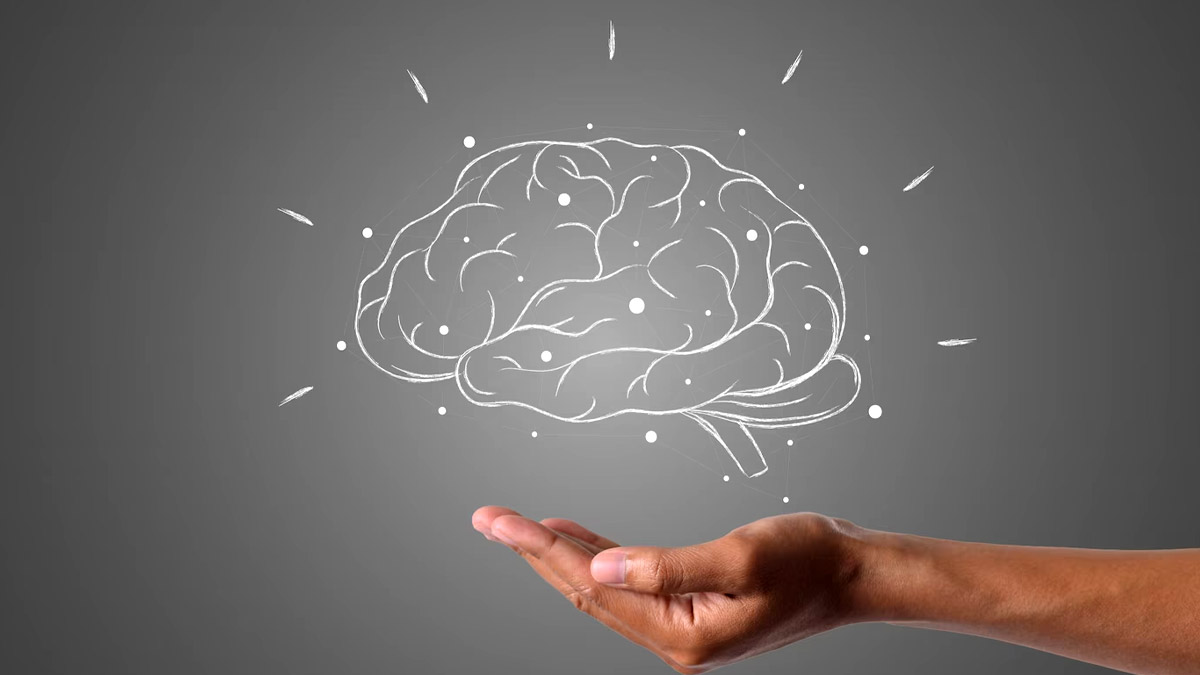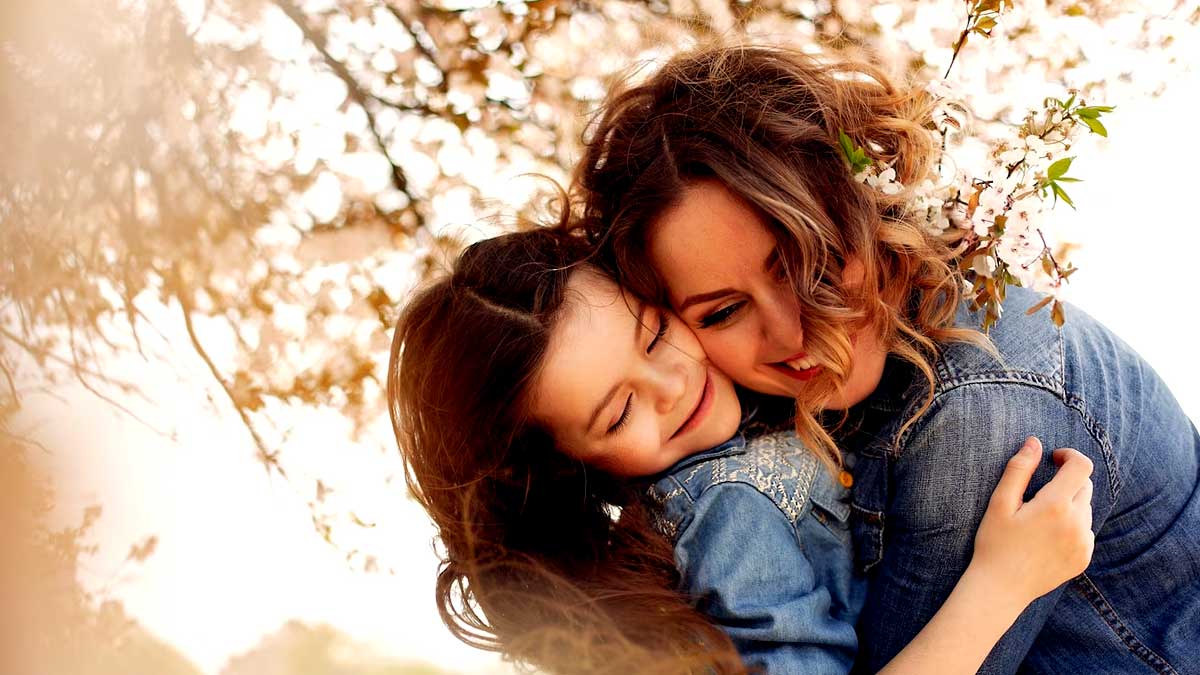

Traumatic events in childhood, such as bullying, parental pressure, the loss of a loved one, or emotional and physical abuse, are common and significant public health issues. Emotionally traumatic experiences can disrupt normal brain development and lead to stunted cognitive, emotional, and behavioural growth.
As per the study ‘Childhood Trauma is Associated with Poorer Cognitive Performance in Older Adults’ by J Clin Psychiatry, childhood emotional trauma is significantly associated with worse processing speed, attention, and executive functioning in anxious and depressed adults.
How Does Emotional Trauma Affect Your Child’s Mental Health?

Children in their adolescence or preteens still have years of development left. Emotional trauma can have a devastating effect on the development of your child’s brain and hinder their mental and emotional growth.
Also Read: Signs Your Parenting Style Is Affecting Your Child’s Mental Health
Impaired Memory and Learning
In a conversation with the team of OnlyMyHealth, Dr Sayanti Mukherjee, Consultant, Psychiatry, Manipal Hospital, Kharadi, Pune, shared that children who experience emotional trauma may have difficulty concentrating, retaining information, and learning new things. Such children struggle with their academic performance and acquiring new skills. In some cases, the experience of chronic or severe trauma is also associated with lower IQ scores.
Regarding the effect of said trauma on the hippocampus, the part of the brain responsible for learning and memory, Dr Mukherjee said, “Emotional trauma can condition the hippocampus to a stage of acute and blind panic. When we assess adults who suffered emotional trauma during their developmental years, their hippocampus is anatomically smaller with less distinguished neurons.”
Difficulty Managing Everyday Tasks
Emotional trauma can also lead to deficits in attention, problem-solving, and executive functions, affecting a child’s ability to manage and cope with everyday challenges effectively.
“In trauma, executive functioning becomes very poor because the victim is cognitively overwhelmed by the desperation to escape from the trauma. This affects their ability to focus, multi-task and solve problems, severely degrading their quality of life,” she added.
Emotional Regulation Difficulties
Emotional trauma often knocks the child off their feet, leaving them with constant uncertainty and trust issues. Additionally, to make sense of why such events occurred, the child can develop low self-esteem as they start believing they deserved the abuse. The child’s perception gets skewed and can cause them to develop poor emotional regulation skills.
Such children may struggle with emotional outbursts, aggressive behaviour, or emotional detachment. Emotional trauma can further hinder the development of social skills, making it challenging for children to form healthy relationships. They may have difficulty understanding social cues and maintaining appropriate social interactions.
Steps to Minimise The Impact

If your child is showing symptoms of hampered brain development due to emotional trauma, Dr Mukherjee recommends employing the following steps:
Also Read: Mind Your Kid’s Mind! 6 Parenting Tips To Improve Your Child’s Mental Health, As Per Expert
- Acknowledge the emotional trauma that your child has encountered. These instances could occur at home in the form of insensitive and authoritarian parenting or outside the house in the form of bullying or physical and verbal abuse.
- Exercise constructive punishments to discipline your child healthily instead of reprimanding them in traditional ways of scolding, beating or silent treatment.
- Explain the repercussions of your child’s mistakes instead of scolding them for something they can not understand because of their young age.
- Provide your child with a sense of emotional security.
- Encourage open dialogues with caretakers, teachers, or tutors about any symptoms of emotional trauma reflected in your child’s behaviour and learning.
- If the child has faced any problematic situation outside the home, keep a closer eye on your child by accompanying them frequently. Eventually, you can start taking away the crutches of your support so your child can learn to be independent confidently and not as a defence mechanism.
Healing from Emotional Trauma
The first line of defence to ensure a child’s growth into a happy and healthy adult is to nurture a safe and encouraging environment for the child in their formative years. Early intervention and therapeutic support are essential to help children and adolescents heal from emotional trauma and mitigate its impact on their cognitive development.
For adults who suffered emotional trauma as a child, it is essential to consult a psychologist for an appropriate diagnosis and a healing process that caters to their unique situation.
اكتشاف المزيد من ينبوع المعرفة
اشترك للحصول على أحدث التدوينات المرسلة إلى بريدك الإلكتروني.
